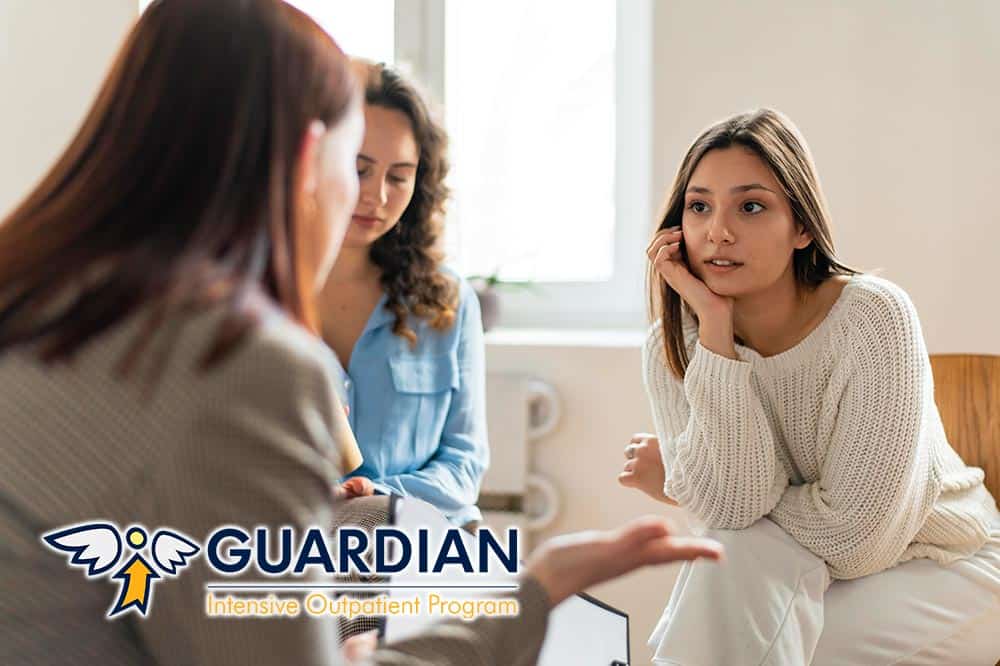Human beings are pretty complicated creatures. Compare the human anatomy to the anatomy of, say, an earthworm and you’ll see just how many intricate systems that we have keeping us running. On a behavioral level, the complexity is tenfold. While much of the animal kingdom behaves in ways that promote their survival, the majority of a human being’s day is spent on tasks that don’t actually factor into our survival; instead, we busy ourselves with things that hold our fleeting interests like social media, celebrity gossip, music, travel, and so on.
When you think about it, it seems befitting that creatures of such immense complexity would have likewise complex afflictions. Beyond the simplicity of the common cold and the flu, there are a plethora of physical and psychological ailments we can develop, rendering us less capable of taking care of ourselves or of our children, or even causing us to become self-destructive in our behavior. In particular, addiction.
The process of becoming addicted is rather straightforward: After continuing to abuse alcohol or drugs for a period of time — usually just a matter of weeks — the body adapts to the continuous presence of the substance, altering its natural functioning to account for the substance abuse. That means without the substance, an individual becomes unable to function optimally with implications that are both physical and psychological. It sounds quite serious, and that’s because it is, but not all hope is lost. Addiction recovery is possible for every addict no matter how hopeless he or she may think they are. There’s no specific “recipe” for recovery, but there are certain things a person can do to make him or herself as unlikely to relapse as possible, one of which is to find friends that are healthy, sober, and encouraging of recovery.
Birds of a Feather
While in active addiction, people tend to either damage or destroy many of the relationships they had previously, both with family and with their close friends. This occurs because of the major changes to their behavior and even their very personalities, causing them to become less participative in their relationships and much more distant than they previously were. They frequently become standoffish because they don’t want their loved ones to recognize their substance abuse problems and try to interfere, so they begin socializing only with other substance abusers with whom they have begun to share more in common. After being in active addiction for a while, many addicts will have social circles that consist almost completely of other addicts, which serves to perpetuate their addictions and makes it difficult for any of them to begin seeking help for their substance abuse problems.
Don’t Take Your Substance-Abusing Friends With You Into Recovery
Those who are able to break out of the continuous substance abuse cycle and get into treatment learn a lot about addiction and about themselves while they’re in rehab. They learn about some of the reasons why people turn to substance abuse in the first place, how a person’s loved ones or cohorts can inadvertently enable or encourage a substance abuse problem, and how to sustain sobriety after getting out of rehab. One of the most important lessons learned in rehab is that a person in recovery cannot remain part of the same social circle after getting out of rehab if that social circle consists of other substance abusers. The primary reason for this is because those substance-abusing friends will inevitably want the recovering addict to relapse and begin using once again rather than being the supportive and encouraging friends the individual needs. Therefore, it’s essential to find new friends that are healthy and sober, and here’s how you can do it.

Networking and Fellowshipping
The most obvious way to make sober friends is to network with the individuals around you. When you’re in rehab, you’ll probably participate in a number of group treatments with people who have had experiences very similar to yours. Many of the individuals in your group sessions could be part of your support network since each of you are learning many of the same things in rehab and can, therefore, reinforce one another as you progress in your respective recoveries. Twelve-step support groups are another great place to make sober, healthy friends that are sure to be encouraging of recovery and sobriety. Much like the peers in your group sessions at rehab, the other members of your twelve-step groups are individual with whom you’ll likely have no trouble relating, and this is important to have with friends you make during recovery.
It’s likely that you may have lost some good friends as you developed your addiction. Some of them might have been people with whom your relationship extended back many years. After getting clean, it would be a good idea to reach out to those people to rekindle the friendships you had with them. If necessary, this is also a good time to make amends for any harm you may have caused them while in active addiction.
Use the Technology That’s at Your Fingertips
Finally, you have a great resource for meeting other like-minded individuals right in the palm of your hand: Your smartphone. This technology has made it exceptionally easy to find and make friendly connections with others who have had similar experiences or have comparable perspectives, particularly when it comes to addiction. Many recovery support groups have online forums where you can go to chat with other people about recovery. There are even social networks specifically for people in the recovery community, and these networks can be accessed via a smartphone app. These are just one of many options you can utilize when you’re searching for healthy, friendly people who are supportive of sobriety and can offer you support as you progress in your recovery.
Guardian Intensive Outpatient is Just a Phone Call Away
If you or someone you love would benefit from learning more about the recovery options that are available, call Guardian Intensive Outpatient toll-free at 855-517-1871. We’re available anytime, day or night, to help you or your loved one begin the healing journey, so call now.

Reviewed for accuracy by:
Anna Marie Barrett LCSW, CYT
Anna earned her Masters of Social Work at Barry University in Miami, FL in 2017 and completed her internship in co-occurring disorders. Anna has a Bachelors of Art in Religious Studies from Naropa University and is a certified yoga and meditation instructor. Anna has received specialized training in somatic counseling with an emphasis on body-centered psychotherapy.




















